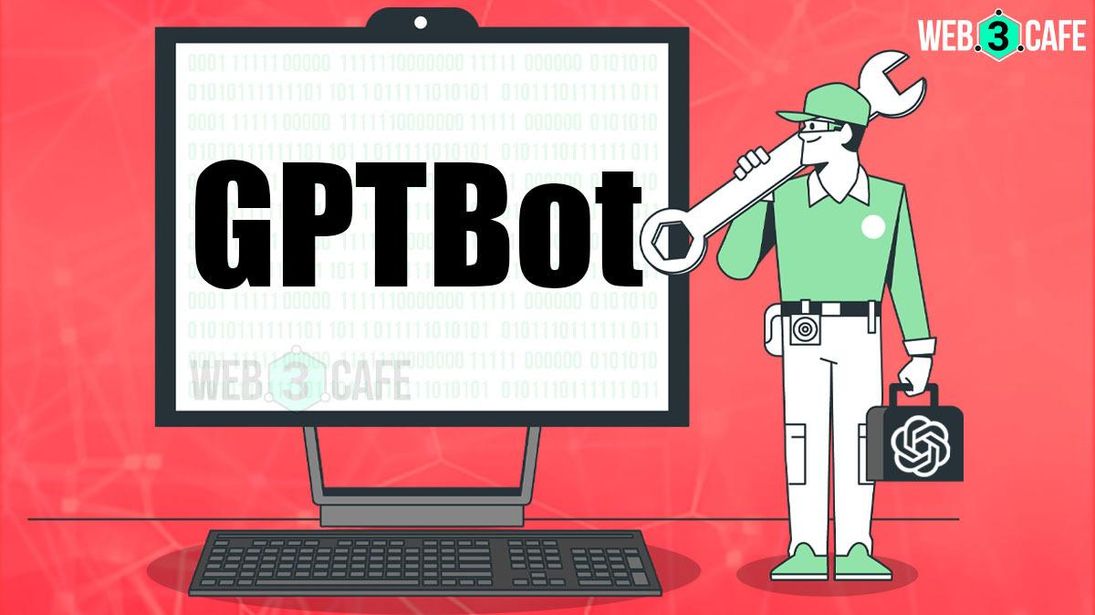
OpenAI introduces 'GPTBot' web crawler as GPT-5 model advancements unfold
OpenAI introduces 'GPTBot' web crawler alongside GPT-5, aiming to enhance AI capabilities with collected data while addressing privacy and legal concerns and also allowing users to disable it.
 artificial intelligence
artificial intelligence
Highlights
- OpenAI unveils 'GPTBot' designed to enhance AI through data collection for the upcoming GPT-5 model
- OpenAI faces privacy concerns and legal challenges over data practices, drawing attention from regulators and legal actions in Europe
- Amidst data and legal hurdles, OpenAI forges ahead with 'GPTBot,' underscoring their commitment to advancing AI responsibly
In a recent stride toward refining its AI capabilities, OpenAI has introduced ‘GPTBot,’ a novel web-crawling tool with the potential to enhance and expand the functionalities of upcoming ChatGPT models. This strategic move, as revealed in a freshly published blog post, underscores OpenAI's commitment to continually push the boundaries of AI development.
By utilising the insights gleaned from web pages crawled by GPTBot, OpenAI aims to bolster the precision and broaden the horizons of its forthcoming iterations.
GPTBot, a web crawling innovator
Web crawling, a critical process involving the systematic indexing of internet content, takes a promising leap forward with OpenAI's GPTBot. Often referred to as a web spider, this innovative bot meticulously sifts through online data, facilitating the visibility of websites on search engines like Google and Bing.
Breaking 🚨
— Shubham Saboo (@Saboo_Shubham_) August 7, 2023
OpenAI just launched GPTBot, a web crawler designed to automatically scrape data from the entire internet.
This data will be used to train future AI models like GPT-4 and GPT-5!
GPTBot ensures that sources violating privacy and those behind paywalls are excluded. pic.twitter.com/oR3kY4buaU
OpenAI's GPTBot, however, transcends conventional web crawlers by conscientiously excluding sources demanding payment for access, or those which could potentially infringe upon user privacy, thereby adhering to OpenAI's stringent data utilisation policies.
The advent of GPTBot is timely, coinciding with OpenAI's recent application for a trademark on ‘GPT-5,’ the eagerly anticipated successor to the present GPT-4 model. Despite the trademark filing on 18 July at the United States Patent and Trademark Office, the commencement of GPT-5's training is not imminent.
OpenAI has filed a new trademark application for:
— Josh Gerben (@JoshGerben) July 31, 2023
"GPT-5"
The filing was made with the USPTO on July 18th.#openai #chatgpt4 #ArtificialIntelligence pic.twitter.com/PhQI3YV3jJ
OpenAI's CEO, Sam Altman, affirms that substantial safety audits must precede the initiation of GPT-5's development, underscoring OpenAI's commitment to ensuring the utmost security and reliability of its AI advancements.
It's important to highlight that website administrators have the ability to prevent the web crawler by incorporating a 'disallow' directive within a standard server file.

Navigating ethical waters & privacy concerns
While OpenAI continues its pioneering strides, concerns have surfaced regarding the organisation's data collection practices. Japan's privacy regulatory body issued a cautionary notice to OpenAI in June, emphasising the importance of obtaining permission before collecting sensitive data.
Furthermore, Italy temporarily suspended ChatGPT usage in April, citing alleged violations of European Union privacy regulations. The company also faces legal challenges, including a class action lawsuit filed by 16 plaintiffs, asserting that OpenAI accessed private user information through ChatGPT interactions.
Notably, Microsoft, a co-defendant, could also be implicated in these allegations. These legal entanglements underscore the intricate landscape that surrounds data collection and utilisation. If proven true, OpenAI and Microsoft might be deemed in violation of the Computer Fraud and Abuse Act, a legal precedent pertinent to cases involving web scraping.
In the dynamic realm of AI development, OpenAI's introduction of GPTBot stands as a testament to its commitment to innovation. As the company navigates through legal and ethical challenges, its resolve to pioneer responsible AI technology remains resolute, promising a future marked by groundbreaking advancements while upholding data integrity and user privacy.


COMMENTS 0